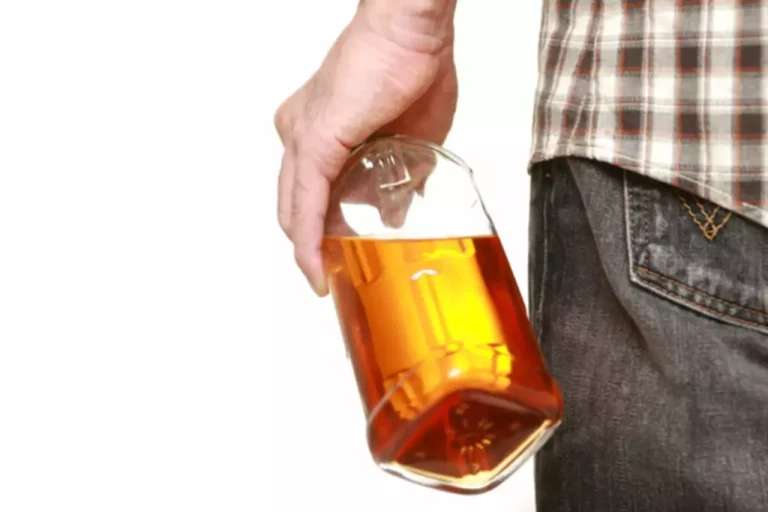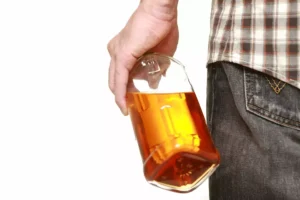Sneezing When You Drink Wine? 5 Common Culprits and How to Avoid Them
| Modul | Genişlik | Derinlik | Yükseklik |

This inflammation can trigger a wide range of symptoms like nausea, vomiting, muscle aches, heartburn, and even headaches. Additionally, alcohol can worsen existing allergic reactions as it suppresses the body’s ability to fight off foreign substances. Signs of an allergic reaction may include nausea, vomiting, hives, and itching. Alcohol consumption can lead to a stuffy nose due to the effect it has on your body.

Can everyone experience sneezing after drinking alcohol?
If this occurs, it might be best to switch to red wine or to try drinking white wine in moderation. Red wine should be avoided if you have a sinus condition or are prone to developing them. The sulfur compounds in red wine can irritate your nasal passages, resulting in inflammation and swelling that can lead to sinus issues.

Red Wine, Beer, And Whiskey: Common Allergens In Alcoholic Drinks
This will help to reduce the number of histamines in your system and make it less likely that they’ll trigger a sneeze. If you find that warm drinks make you sneeze, try chilling them before you drink them. Mixed drinks containing any of the ingredients mentioned earlier are also likely to cause sneezing.
Theories Behind Alcohol-Induced Sneezing
While rare, it is possible for a person to have an allergic reaction when exposed to the ingredients found in red wine such as histamines or sulfites. Those with allergies may experience sneezing, itching, and other respiratory symptoms when exposed to red wine. To avoid experiencing such allergic reactions, it is important to consult with a doctor and identify any allergies before drinking red wine. In conclusion, the exact reasons behind why some people sneeze after drinking alcohol are not definitively known. The most commonly proposed explanations include congestion, allergies, nerve stimulation, and genetic factors. If this phenomenon causes significant distress or worsens over time, it is recommended to consult with a healthcare professional to rule out any underlying issues.
- If you find that drinking beer makes you sneeze, there are several things you can do to help prevent this from happening.
- The symptoms are similar to those caused by histamine intolerance and can easily be confused with allergy-like symptoms.
- White wine has been around for centuries and is enjoyed by many people worldwide.
- However, if you consistently experience severe sneezing or other concerning symptoms, it is recommended to consult a healthcare professional.
- If you’re frequently sneezing after drinking, you must see a doctor as there may be an underlying condition that needs to be treated.
Finally, the taste of red wine itself can also Sober living house cause sneezing in some people. This is due to chemicals present in the taste buds that are activated by certain flavors or odors. Some of these chemicals can stimulate the production of histamines, which can lead to sneezing. To avoid this situation, it is important to drink wines with a flavor that does not cause an allergic reaction in the body.

Why drinking alcohol will make your hay fever worse – Cosmopolitan UK

Beer contains many ingredients other than water, such as malt barley, brewer’s yeast, hops, and assorted flavorings. While true allergies are uncommon, it is more likely that you are allergic to one of these specific ingredients. If you experience persistent or severe symptoms after drinking beer, it is recommended to consult a doctor or medical professional. It is important to seek medical advice as soon as possible if you experience any of these symptoms after drinking wine. A doctor will be able to determine the cause of your symptoms and provide appropriate medical treatment.
- The study found that the effects of sulfites in wine can vary from mild to severe.
- The third type of headache caused by alcohol is a “Delayed Alcohol-Induced Headache” (“DAIH”).
While talking about the consumption of alcohol, you need to watch out for the gradual development of the nasal infections. Initially, it may not bother much, but eventually the nasal mucus why do i sneeze when i drink alcohol can get thicker, causing more problems. To reduce the risk of adverse reactions, it is important to avoid wines that contain sulfites.
What’s the deal with wine sneezes?

As such, it is important for those who suffer from this condition to be aware of the potential risk that drinking certain cocktails may pose. First, some people have lower levels of the enzymes the body needs to break alcohol (ethanol) into metabolites that it can process and excrete. When byproducts of alcohol don’t get broken down quickly enough, they accumulate to levels high enough to cause a mild allergic reaction.

